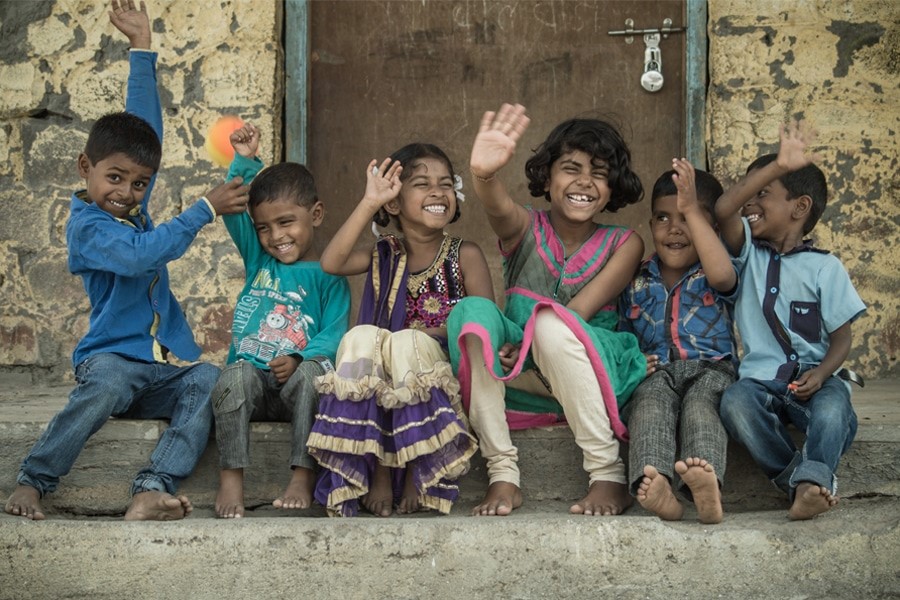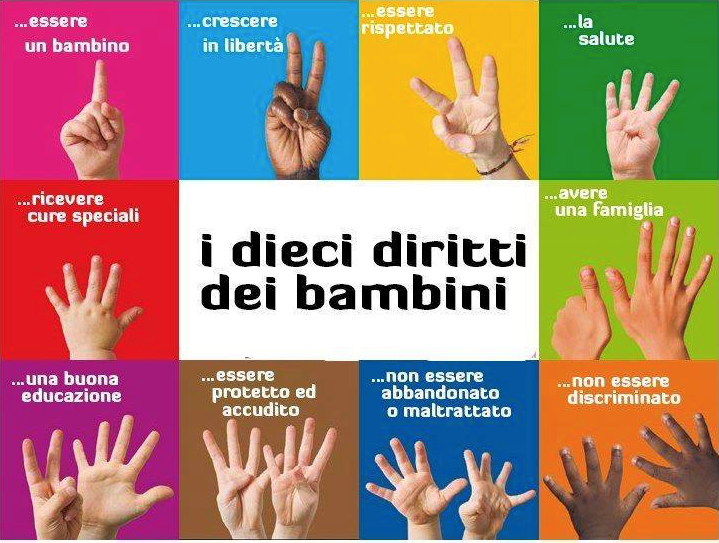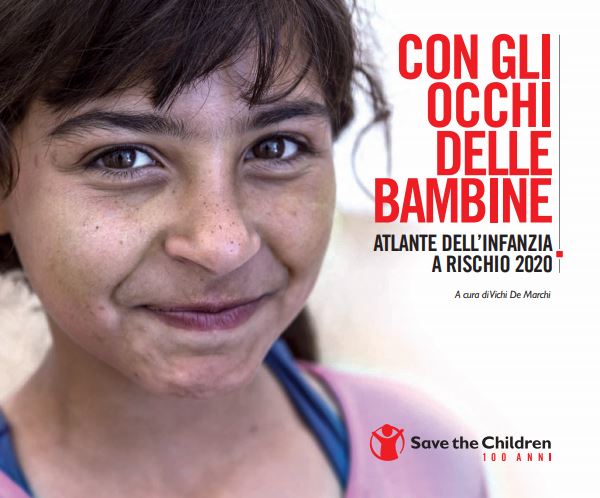
20th November – World Childhood and Adolescence Day
Preserving their present and future well-being is never taken for granted
November 20 is a day on which, in different years, the UN has progressively promoted the protection of children and adolescents: in 1954 it established World Children’s Day, in 1959 it adopted the Declaration of the Rights of the Child, and thirty years later, in 1989, it approved the Universal Declaration of the Rights of the Child (Child and Adolescence), completing the Charter of the Rights of the Child, drawn up in 1924 by the United Nations Society. It was a historic moment in which the aftermath of the First World War showed its most brutal and overwhelming consequences for the most vulnerable members of society: children.

Unfortunately, there are still many children today who cannot even imagine a world in which such rights exist. They are children who no one takes care of, children who suffer hunger, are mistreated and exploited. Often, instead of protecting and protecting them, adults become their own worst enemies… these days, another very insidious one has been added…

“The virus does not seem to infect the smallest ones in a particularly serious way, the "indirect" consequences have been and are, however, enormous. Covid-19 penalises children twice over: depriving them of opportunities in the present and adversely affecting their future. If action is not taken in good time, many more will be added to the 1.2 million children who already today do not have access to basic necessities, such as three protein meals a day, or housing conditions adapted to their needs. Economic poverty has many ramifications, affects educational poverty, is intergenerational, reduces access to those spaces - from school to extracurricular contexts - that offer an opportunity to imagine and dream of a different future. And without dreams the future does not exist".
(from the Atlas of Childhood at Risk 2020 by Save the Children,
With the Eyes of the Little Girls).

